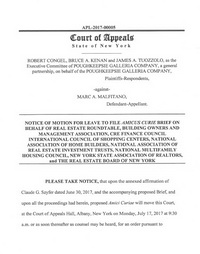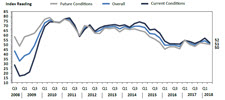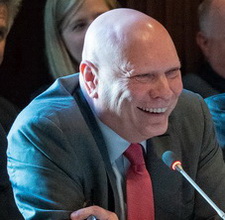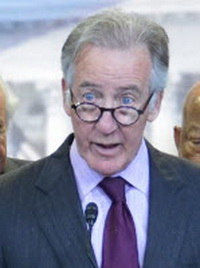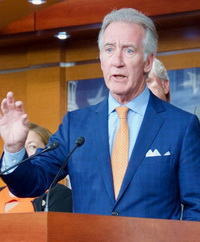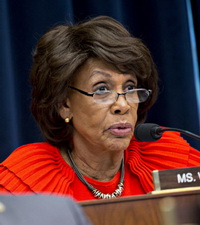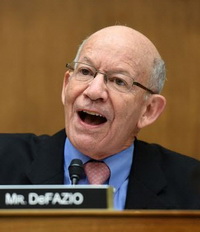Senate Finance Committee Ranking Member Ron Wyden (D-OR) yesterday introduced legislation to fundamentally alter the longstanding tax treatment of a profits interest in a real estate partnership.
 |
|
Senate Finance Committee Ranking Member Ron Wyden (D-OR) has introduced legislation to fundamentally alter the longstanding tax treatment of a profits interest in a real estate partnership. |
- The Wyden proposal (detailed summary of the legislation and one-pager) would depart dramatically from prior carried interest legislation by taxing partners before any capital gain or even rental income is generated by the partnership. For example, it would give rise to large amounts of taxable (but phantom) income for a general partner with a profits interest during the pre-construction and development phase of a real estate project.
- The legislation would treat a profits interest in a real estate partnership as an interest-free loan from the other partners. The bill would effectively tax the partner with a profits interest annually, at ordinary income rates, on his or her deemed share of the invested capital by multiplying the deemed share by a specified interest rate (9% plus the variable yield on a corporate bond index that is currently 2.93%). The product would be considered taxable, ordinary income.
- In addition to taxing partners currently on non-existent, illusory income, in many cases the legislation would not allow partners to recover the taxes down the road if the project ultimately fails to produce a capital gain. That’s because the losses would be treated as capital losses that generally are nondeductible against ordinary income.
- General partners are currently taxed at ordinary income rates on their management fees and other income that is compensatory in nature. Partners owe tax on any guaranteed payments for services provided. Under the Wyden bill, however, a real estate entrepreneur would be taxed today on a partnership’s invested capital-capital at risk-irrespective of whether the project will ever generate income.
-

The Real Estate Roundtable opposes both Senate and House carried interest proposals. General partners earning a carried interest in a real estate partnership bear significant risks beyond direct capital contributions. These risks can include funding predevelopment costs, guaranteeing construction budgets and financing, and exposure to potential litigation over countless possibilities.
- Senator Wyden’s bill came just days after a televised interview in which President Trump indicated he still intends to address the carried interest issue. (FOXBusiness, May 20). “If President Trump wants to address carried interest and make the tax code more fair, he’ll be happy to support my new proposal,” said Sen. Wyden. (Wyden news release, May 23)
- Other legislative proposals to reform the taxation of carried interest were introduced in March by Sen. Tammy Baldwin (D-WI) and House Ways and Means Committee member Bill Pascrell, Jr. (D-NJ). (News releases: Baldwin and Pascrell)
- The Roundtable and 13 other national real estate organizations sent a letter to members of the House Ways and Means Committee on March 26 about the adverse impact that the Baldwin-Pascrell legislation (H.R. 1735) would have on U.S. real estate and entrepreneurial risk taking. (Roundtable Weekly, March 29)
- The letter notes how the bill would result in a huge tax increase on Americans who use partnerships in businesses of all types and sizes – and would be particularly harmful to the nearly 8 million partners in U.S. real estate partnerships.
- The March 26 letter states, “The false narrative surrounding the carried interest issue is that it targets only a handful of hedge fund billionaires and Wall Street executives. The carried interest legislation is far broader and would apply to real estate partnerships of all sizes-from two friends owning and leasing a townhome to a large private real estate fund with institutional investors.”
The Real Estate Roundtable opposes both Senate and House carried interest proposals. General partners earning a carried interest in a real estate partnership bear significant risks beyond direct capital contributions. These risks can include funding predevelopment costs, guaranteeing construction budgets and financing, and exposure to potential litigation over countless possibilities.
